Cuba's food shortage is leading to a humanitarian crisis
The country has turned to the U.N. for assistance as its economy falters

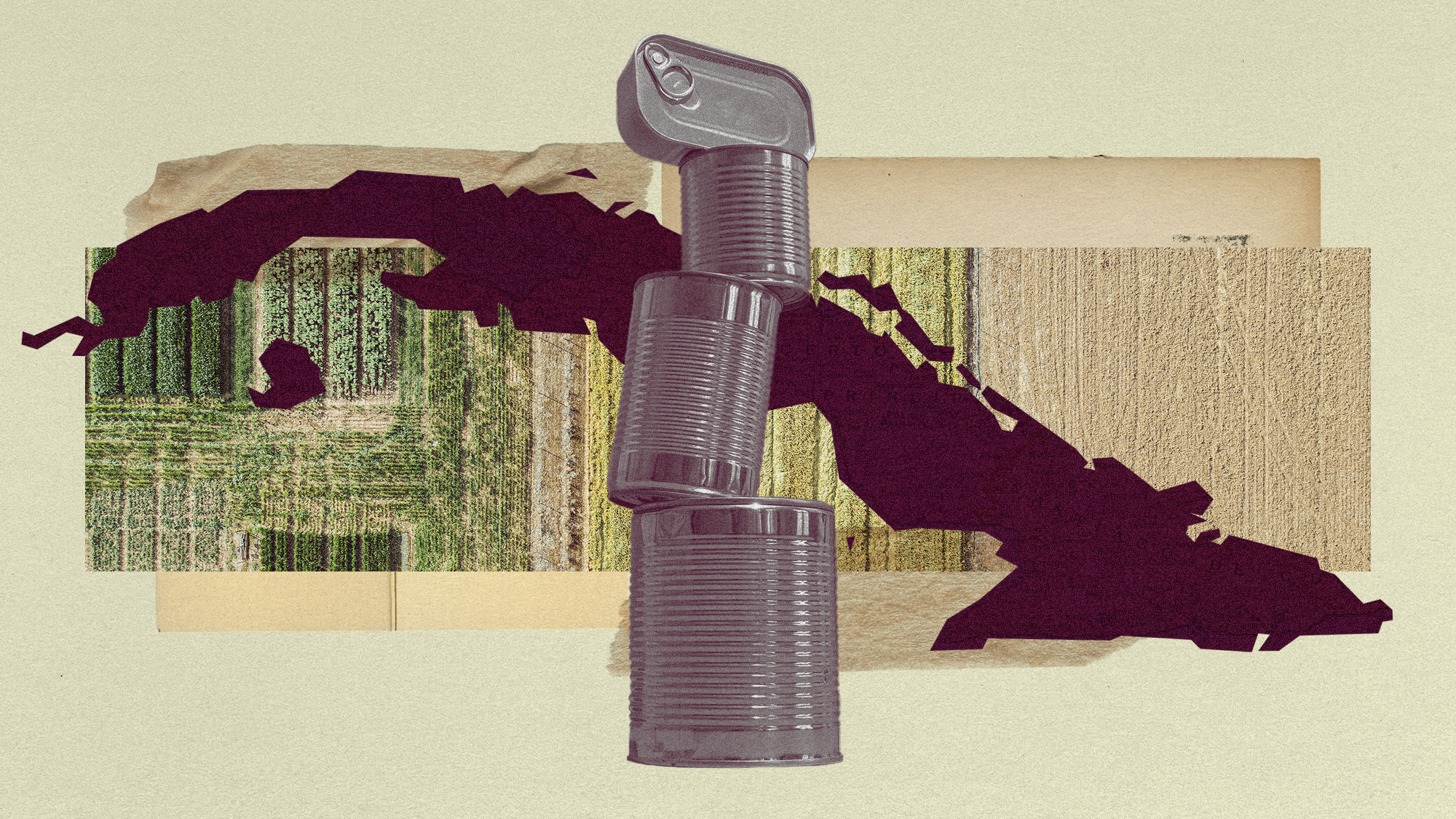
A free daily email with the biggest news stories of the day – and the best features from TheWeek.com
You are now subscribed
Your newsletter sign-up was successful
Cuba has experienced hardships for months in what some are calling the country's "worst economic crisis in 30 years." Cubans are facing skyrocketing prices for gas, commodities and basic services, along with an economy that continues to shrink overall. The most pressing issue, though, remains a national food shortage that has led to widespread humanitarian issues.
Amid this continuing shortage, the Cuban government has made a request to the United Nations' World Food Program (WFP) seeking nutritional aid for its people. News of the request first came to light at the end of February, although the Spanish news agency EFE, which broke the story, reported that Cuba actually made the request at the end of 2023.
Previously, Cuba had only requested WFP support following natural disasters — never due to economic hardships. As a result of the request, the WFP sent Cuba "144 tons of skimmed-milk powder, which will benefit almost 48,000 children between the ages of seven months and three years in Pinar del Río and Havana," EFE said. But food scarcity remains an ongoing problem throughout the country, and overall food production is reportedly down 50% since 2018, officials said. How did Cuba get here, and what's next?
The Week
Escape your echo chamber. Get the facts behind the news, plus analysis from multiple perspectives.

Sign up for The Week's Free Newsletters
From our morning news briefing to a weekly Good News Newsletter, get the best of The Week delivered directly to your inbox.
From our morning news briefing to a weekly Good News Newsletter, get the best of The Week delivered directly to your inbox.
What is causing Cuba's food shortage?
Much of the problem revolves around two key staples of a healthy diet, particularly when it comes to children: bread and milk. These are "key components of Cuba's 'rationbook' system introduced after Castro's 1959 revolution to provide subsidized staples for all," Reuters said. But this system has "fallen into disarray as economic crisis handicaps the communist-run government's ability to make good on its commitments, prompting shortages in food, fuel and medicine," the outlet said.
Cuban officials blame the crisis on the aftermath of Covid-19, as well as "stiffened sanctions against the island implemented under former President Donald Trump," Reuters said. Indeed, Trump's sanctions "drastically reduced Cuba's foreign exchange earnings, and President Joe Biden has left most of those sanctions in place," The Nation said.
This represents a marked difference from just a decade ago, when former President Barack Obama and former Cuban President Raúl Castro announced the normalization of U.S.-Cuba relations to help spearhead the country's economic development. This marked the end of hostilities between the two nations for the first time in more than 50 years, as Cubans hoped to put their Soviet-era troubles behind them.
The ramping-up of Cuba's economy led to private businesses, rather than state-owned stores, opening for the first time — which had unintended consequences. This "rapid growth of small and medium private enterprises in the past two years, a key element of the economic reform program to boost domestic production, has aggravated inequality," The Nation said. Combine this with the Trump-era sanctions and Covid, and it leads to even more shortages.
A free daily email with the biggest news stories of the day – and the best features from TheWeek.com
And while the Cuban government blames the United States for the crisis, many say the problem lies with mismanagement. The crisis has been exacerbated by "shortcomings in the Cuban agricultural model," Cuban economist Omar Everleny Pérez said to DW. Pérez said the food shortage was less about sanctions and more about "high inflation, which [increases] the government's financial needs while making state subsidies more expensive."
How can the food shortage be solved?
One solution, Pérez said to DW, would be to give the small and medium-sized private businesses more freedom, something that rarely occurs in Cuba. "Nowhere in the world are bakeries owned by the state," Pérez said. "I think the state should rather focus on the strategically important sectors of the economy." These additional freedoms could help private stores address food shortages.
In addition to the WFP, Cuba has purchased an additional 500 tons of milk from the United States, as well as agricultural products from Canada and Brazil. At the end of 2023, the Cuban government also announced plans to reduce rations for basic goods, in addition to increasing fuel and electricity prices. But as the crisis continues, there has been an extended mass migration from Cuba to the U.S. — since 2022, "442,000 undocumented Cubans have arrived at U.S. borders, more than 50,000 have come as legal immigrants, and tens of thousands more have emigrated elsewhere," according to The Nation. With Cuba's economy on the brink, these migration figures are unlikely to slow down in the near future.
Justin Klawans has worked as a staff writer at The Week since 2022. He began his career covering local news before joining Newsweek as a breaking news reporter, where he wrote about politics, national and global affairs, business, crime, sports, film, television and other news. Justin has also freelanced for outlets including Collider and United Press International.
-
 What is the endgame in the DHS shutdown?
What is the endgame in the DHS shutdown?Today’s Big Question Democrats want to rein in ICE’s immigration crackdown
-
 ‘Poor time management isn’t just an inconvenience’
‘Poor time management isn’t just an inconvenience’Instant Opinion Opinion, comment and editorials of the day
-
 Bad Bunny’s Super Bowl: A win for unity
Bad Bunny’s Super Bowl: A win for unityFeature The global superstar's halftime show was a celebration for everyone to enjoy
-
 ‘This is something that happens all too often’
‘This is something that happens all too often’Instant Opinion Opinion, comment and editorials of the day
-
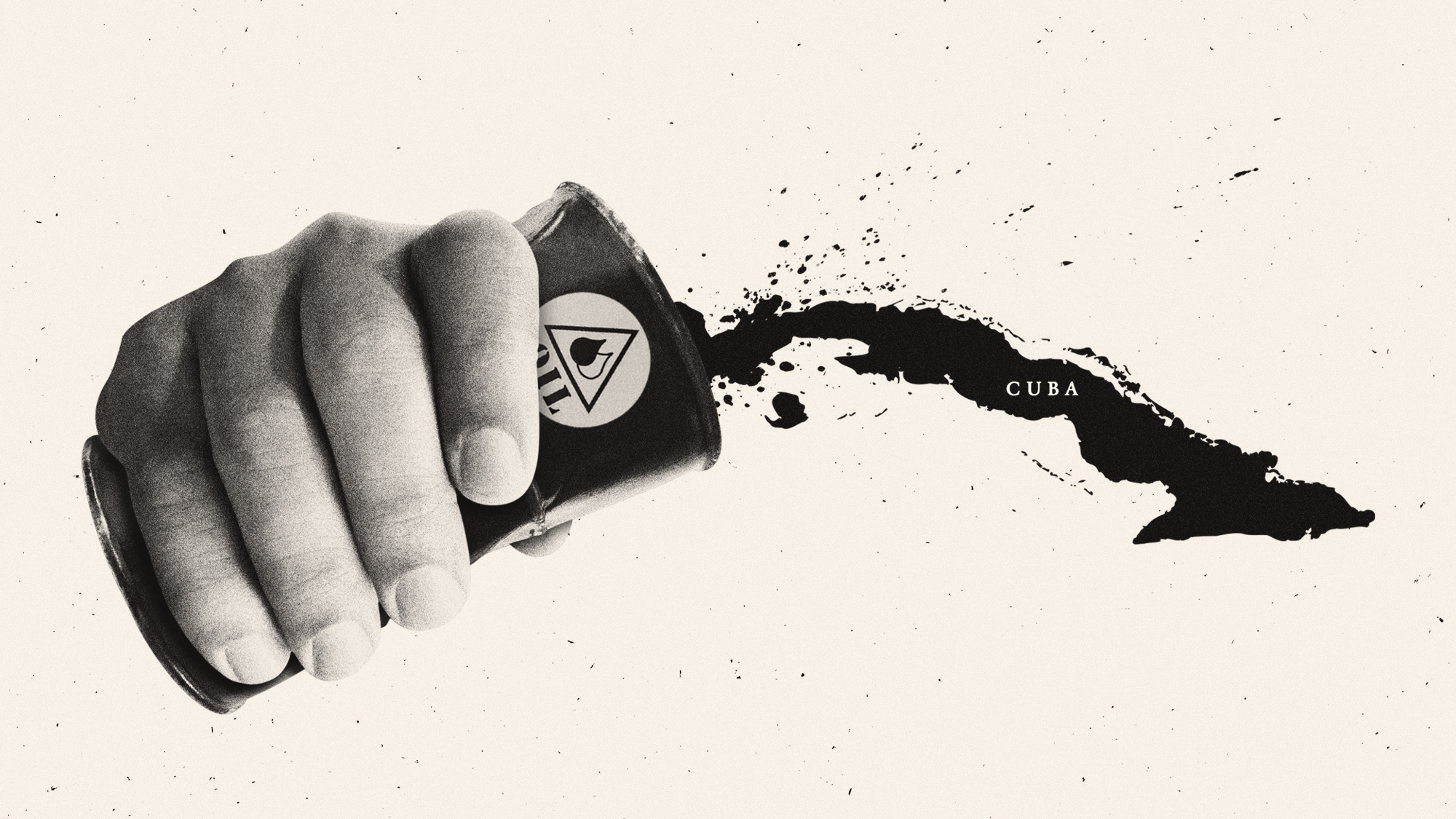 Will Trump’s oil push end Cuba’s Communist regime?
Will Trump’s oil push end Cuba’s Communist regime?Today’s Big Question Havana’s economy is teetering
-
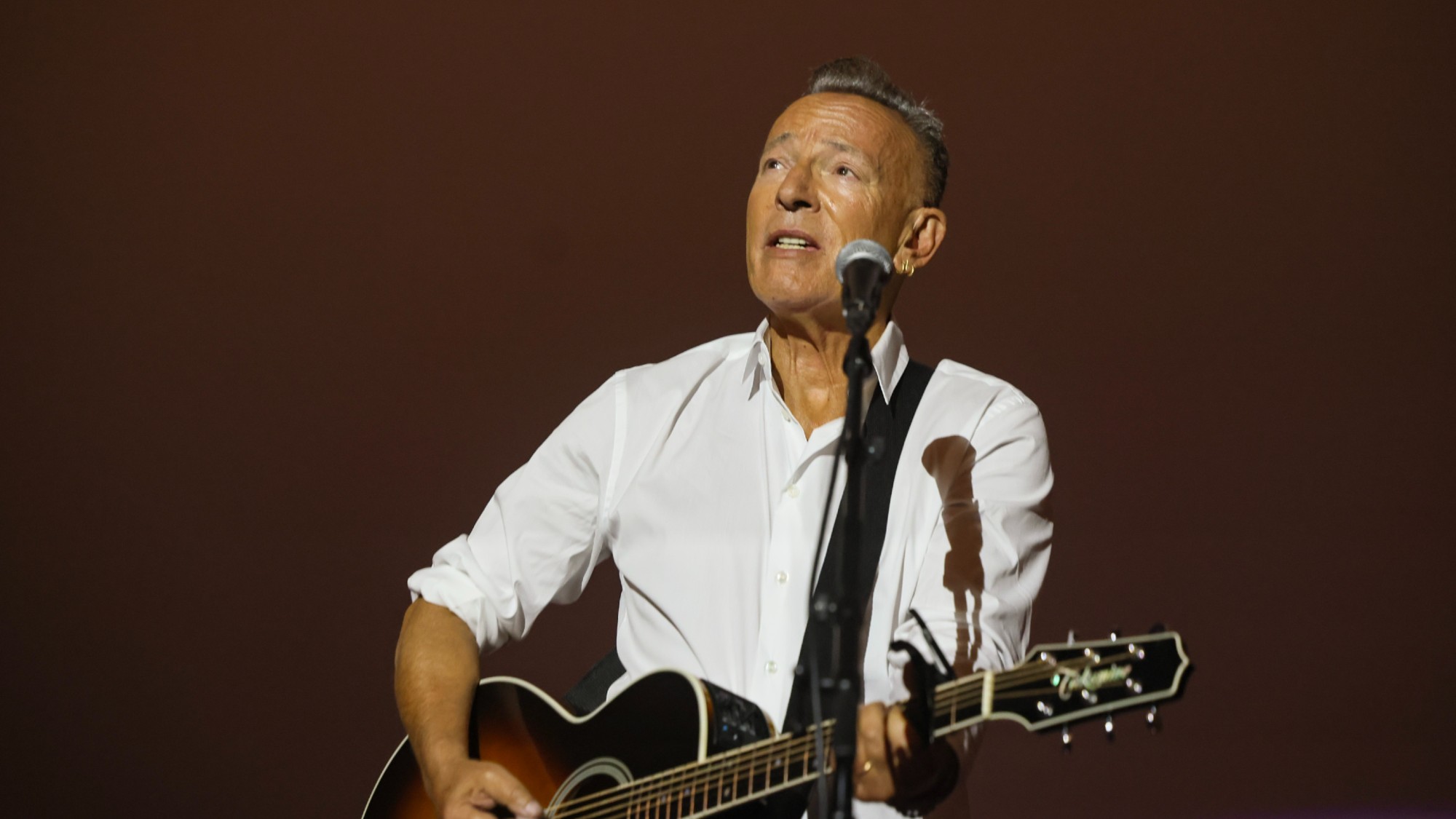 ‘Something close to a universal rallying cry’
‘Something close to a universal rallying cry’Instant Opinion Opinion, comment and editorials of the day
-
 ‘Implementing strengthened provisions help advance aviation safety’
‘Implementing strengthened provisions help advance aviation safety’Instant Opinion Opinion, comment and editorials of the day
-
 ‘One day fentanyl will come back — and there will be little anyone can do’
‘One day fentanyl will come back — and there will be little anyone can do’Instant Opinion Opinion, comment and editorials of the day
-
 ‘The surest way to shorten our lives even more is to scare us about sleep’
‘The surest way to shorten our lives even more is to scare us about sleep’Instant Opinion Opinion, comment and editorials of the day
-
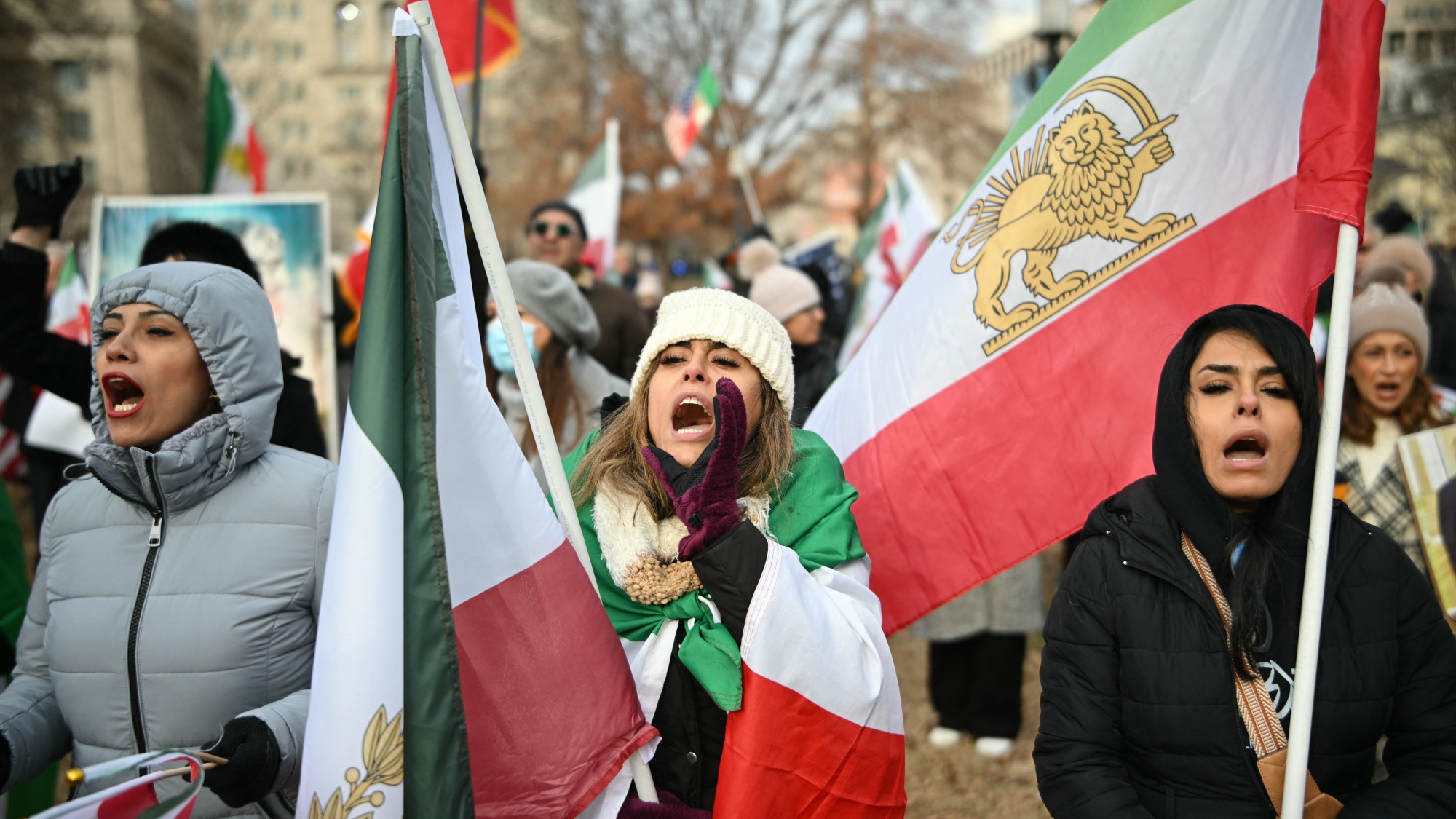 Unrest in Iran: how the latest protests spread like wildfire
Unrest in Iran: how the latest protests spread like wildfireIn the Spotlight Deep-rooted discontent at the country’s ‘entire regime’ and economic concerns have sparked widespread protest far beyond Tehran
-
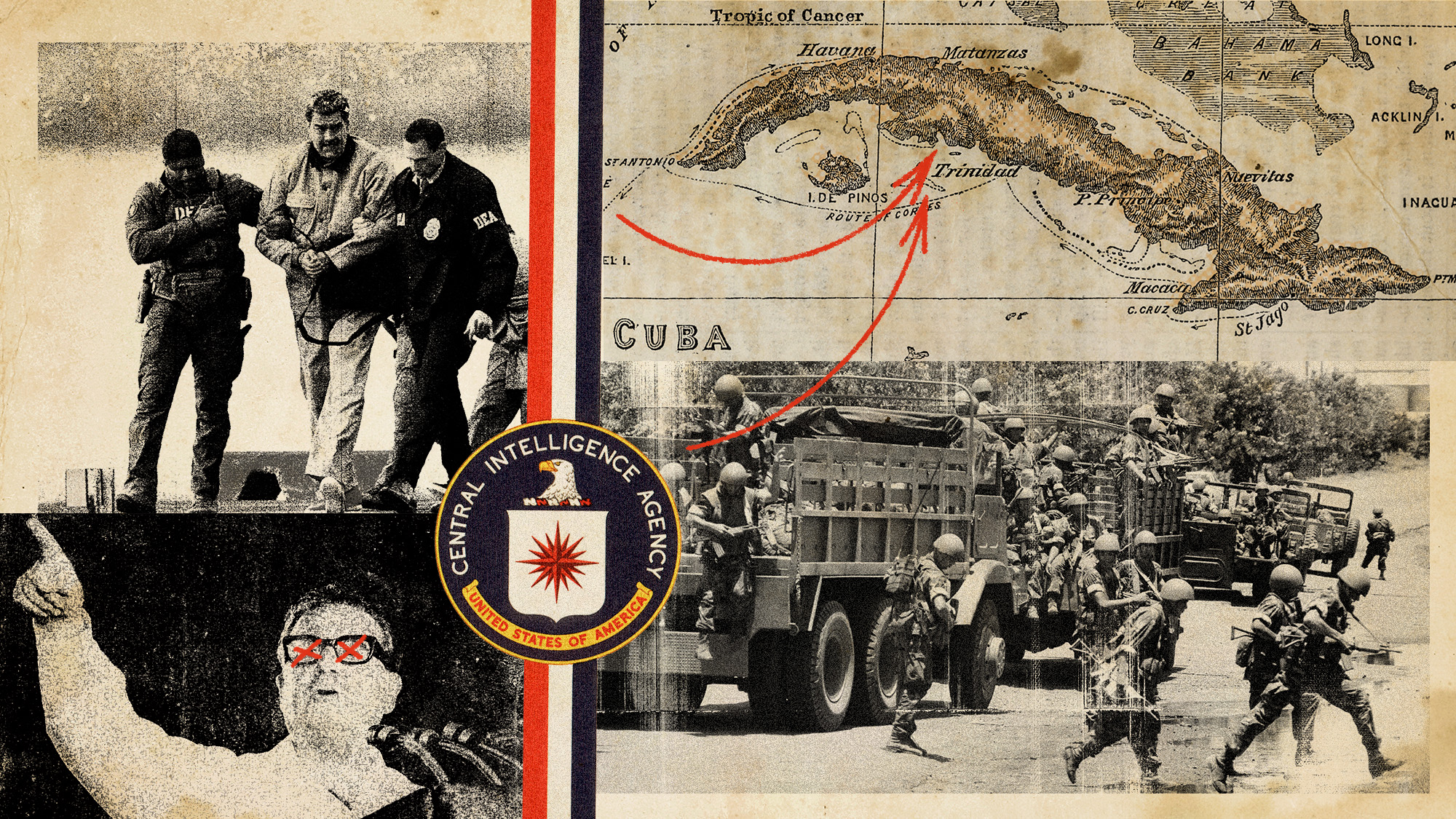 A running list of US interventions in Latin America and the Caribbean after World War II
A running list of US interventions in Latin America and the Caribbean after World War IIin depth Nicolás Maduro isn’t the first regional leader to be toppled directly or indirectly by the US
